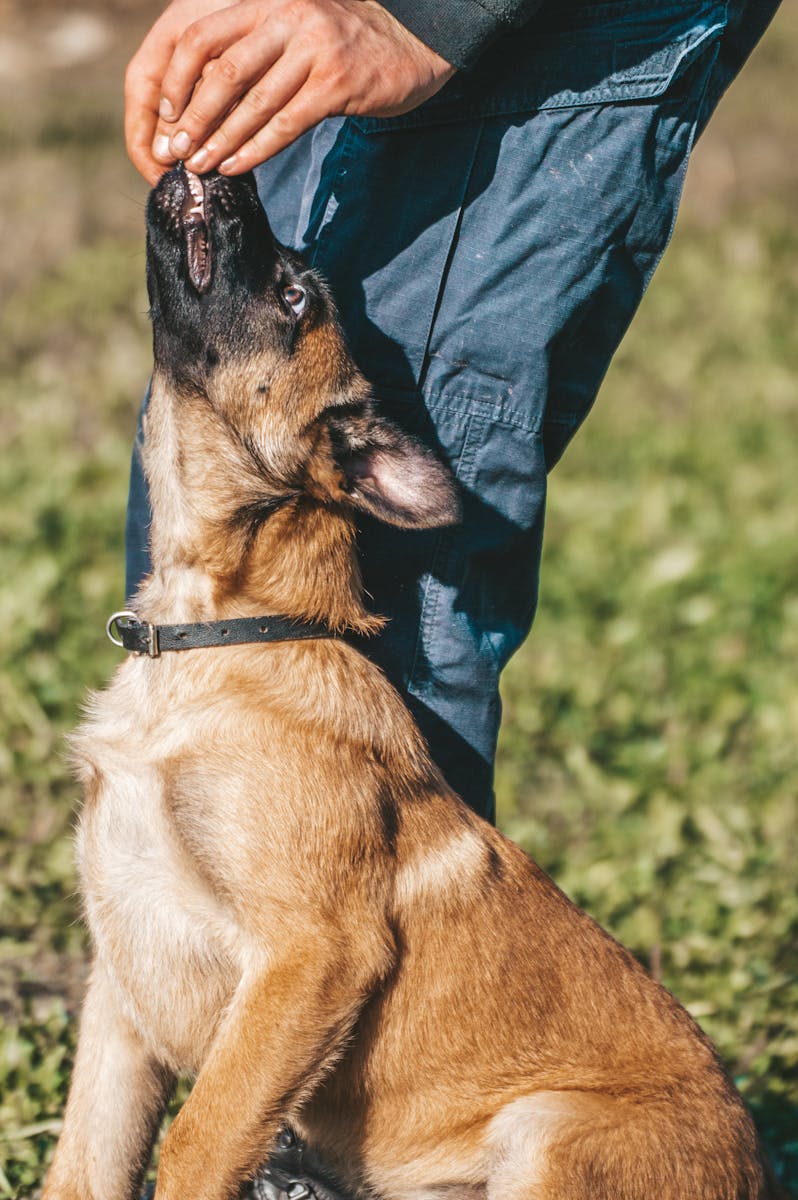Obedience Training Near Obedience Training for Senior Dogs: Adapting Techniques for Older Pets
Obedience Training for Senior Dogs: Effective Techniques for Older Pets to Enhance Obedience Training and Improve Behavior in Your Aging Canine Companion at fetchquest.info
Obedience Training Near You: Obedience Training for Senior Dogs – Adapting Techniques for Older Pets
When most people think about obedience training, they picture wiggly puppies learning to sit and stay. But training isn’t just for the young—senior dogs can benefit from obedience training too. In fact, older dogs often enjoy the mental stimulation and connection it brings, especially as their physical activity levels slow down.
Whether you’ve adopted a senior dog or your long-time companion is entering their golden years, adapting your training approach can make a big difference in their quality of life. At FetchQuest.info, we believe it’s never too late to teach an old dog new tricks—especially when you tailor your methods to suit their changing needs.
Why Train a Senior Dog?
Older dogs may already know basic commands, but that doesn’t mean training isn’t still valuable. In fact, obedience training for senior dogs can:
-
Keep their minds active, helping to slow cognitive decline
-
Reinforce positive behavior and structure, especially if new issues arise
-
Improve their confidence, especially in changing home environments
-
Strengthen the bond between dog and owner
-
Support better mobility and joint health through gentle activity
If your senior dog is experiencing sensory loss, arthritis, or slower cognitive processing, adapting your training style is key.
Key Tips for Training Older Dogs
Senior dogs may need a little more patience and consideration during training, but with the right techniques, they can thrive. Here are some important adjustments to consider:
✔ Use Positive Reinforcement
Always use praise, treats, or toys to reward good behavior. Older dogs respond best to encouragement—not corrections or punishment.
✔ Keep Sessions Short and Sweet
Aim for 5–10 minute training sessions. Long or intense sessions can be tiring for senior pets and may reduce their willingness to participate.
✔ Be Mindful of Physical Limitations
Avoid exercises that require jumping, sudden movements, or repetitive stress on joints. Use soft mats for comfort during training.
✔ Adjust for Sensory Loss
-
If your dog has hearing loss, use hand signals consistently instead of verbal commands.
-
For dogs with vision loss, rely on verbal cues and touch-based reinforcement.
✔ Stay Consistent
Routine is comforting for older dogs. Keep commands, training spots, and your reward system consistent to reduce confusion.
✔ Incorporate Mental Stimulation
Older dogs love puzzles, scent work, and simple problem-solving games. These keep their minds sharp and add variety to training.
Useful Commands for Senior Dogs
While your older pet may already know the basics, there are a few commands and skills that can be especially helpful as they age:
-
“Wait” or “Stay” – Reduces the risk of falls or accidents near doors and stairs.
-
“Easy” – Useful for gently guiding your dog on walks or through tight spaces.
-
“Come” – Always important for safety, especially in new or outdoor environments.
-
Touch training – Teaching your dog to touch your hand with their nose can be a gentle alternative to physical manipulation.
-
Mat or place training – Encourages rest and relaxation in a specific spot.
These commands not only keep your dog safe, but also help them feel confident navigating the world around them.
Don’t Forget About Health
Before beginning or modifying any training routine for a senior dog, check in with your vet. Age-related health conditions like arthritis, cognitive dysfunction, or heart issues may require adjustments to your training plan.
At FetchQuest.info, you’ll find expert-backed resources that bridge the gap between training and wellness—including guides for working with dogs who have mobility issues, hearing loss, or dementia.
Final Thoughts
Obedience training for senior dogs is less about discipline and more about enrichment. It’s a way to keep your pet engaged, respected, and mentally active as they grow older. With the right approach, training can be one of the most rewarding activities you share together in their golden years.
Whether you’re reinforcing old commands or introducing new ones, remember to stay patient, gentle, and positive. Older dogs have plenty to offer—and they’re never too old to learn something new.
For more senior dog training tips, recommended tools, and step-by-step guides, visit FetchQuest.info—your trusted source for pet obedience and wellness at every stage of life.
Keywords: obedience training, senior dogs, obedience training for senior dogs, adapting techniques for older pets, dog training tips, senior dog care, positive reinforcement, canine behavior, training older dogs, obedience training methods, senior pet health, dog behavior modification, training challenges, effective communication, dog owner resources
news via inbox
Nulla turp dis cursus. Integer liberos euismod pretium faucibua





